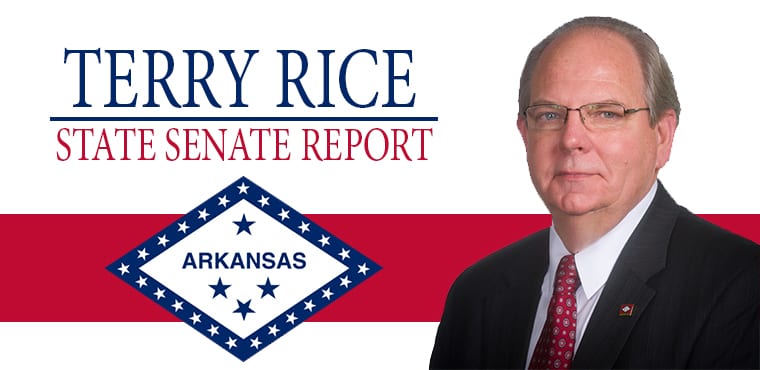LITTLE ROCK – The state Division of Children and Family Services intends to try out a new method of intervention, by assigning cases to a team of workers instead of to an individual.
The Division is part of the state Department of Human Services (DHS). The department’s directors appeared during legislative budget hearings to explain their requests for funding increases and their requests for authority to reallocate funds.
When the legislature convenes in fiscal session next month it will decide whether to approve the DHS request to add 109 positions in the Division of Children and Family Services.
One reason for a “teaming approach” is that it would better ensure the safety of caseworkers.
When they visit a home to investigate an allegation of child abuse or neglect, they would no longer have to visit alone. There would always be at least two workers on the visit.
The department wants to add $11 million to the Division for added personnel costs. The additional money would not only pay for more staff, but would allow DHS to pay overtime and to pay staff when they’re on call.
Those measures help reduce the high turnover rate among family case workers, who burn out due to high caseloads and the emotional nature of their jobs.
Also, the department wants to expand an intensive family services approach that it now has in about half the state. According to the top official at the agency, it has made “a massive difference” in reducing the number of children who end up in the foster care system.
With an additional $4 million the department would like to expand the intensive family services to 16 more counties.
DHS has a Division of County Operations. It staffs offices around the state where people apply for a wide variety of benefits, such as food stamps, Medicaid and welfare. DHS is seeking about $2 million in additional funding for the Division because it is paying more for utilities, janitorial services, rent and other costs that have gone up due to inflation.
Also, the Division wants to expand and make permanent an automated address verification system. It has been a pilot program.
DHS anticipates additional one-time costs when the federal medical emergency expires. During the period of emergency the state has not been able to lower the number of people who are eligible for the health care program, because of federal restrictions.
As a result, Medicaid participation has increased during the pandemic. Increases in enrollment are a main driver in the rising costs of Medicaid.
For the current fiscal year, Arkansas Medicaid officials estimate the program will spend about $9.39 billion. The state’s share of that amount is $1.8 billion and the rest is provided by the federal government.
Next fiscal year, which begins on July 1, Arkansas Medicaid will spend an estimated $9.4 billion. The state’s share will be $2.269 billion, the head of DHS told legislators during budget hearings.
After the federal emergency declaration has expired, Arkansas should be able to hold down Medicaid spending because it will re-determine the eligibility of people enrolled. State officials expect that the number of people enrolled will drop by a “significant number,” the DHS official told legislators.







